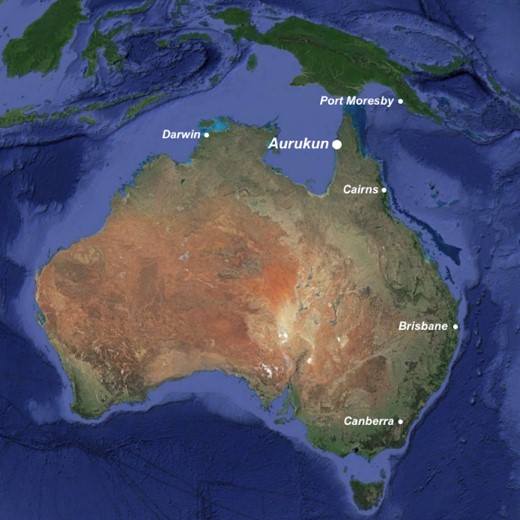
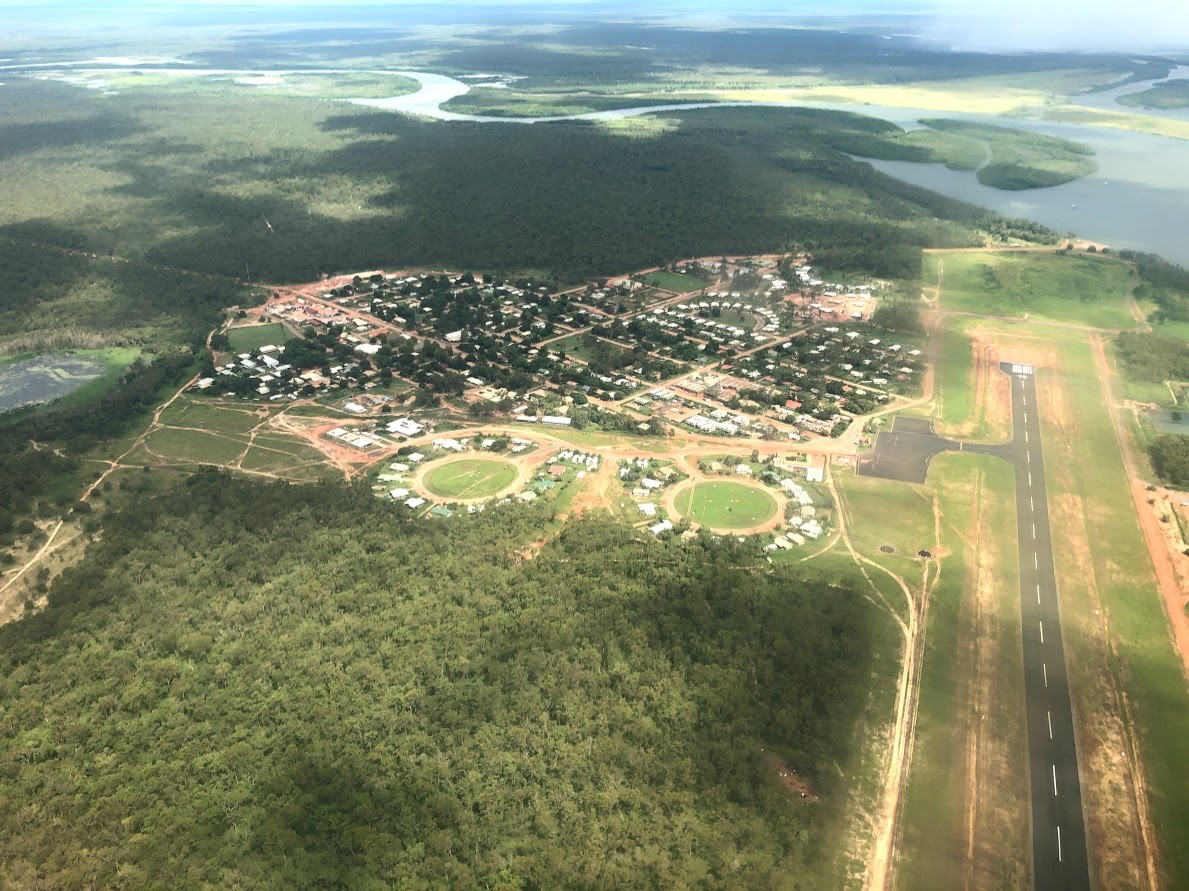
Wik-Mungkan is a Middle Paman language of the Western Cape York Peninsula region of north-eastern Australia. The vast majority of Wik-Mungkan speakers live in Aurukun, an Indigenous community of tropical Far North Queensland. Modern Wik-Mungkan is the variety spoken by the majority of permanent residents of Aurukun. It is the primary language of communication among Wik people in Aurukun in all domains, except during interactions with non-Wik people such as teachers, health professionals and employees of other agencies.


An absence of documentation of Wik-Mungkan over the last forty years has coincided with drastic changes in the form of the language. Modern Wik-Mungkan is a language variety arising due to language internal lexical and morphosyntactic change, and also due to intense contact between Classical Wik-Mungkan and varieties of English and Cape York Creole.
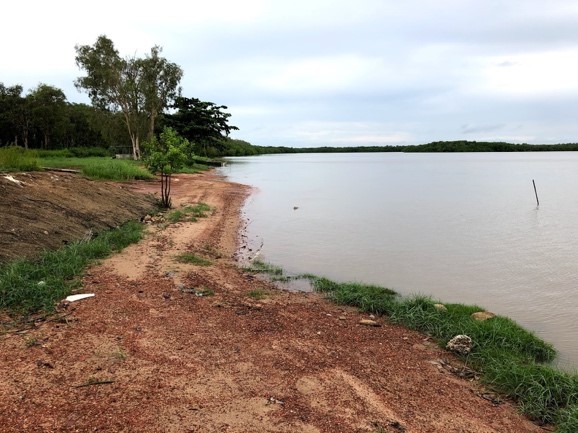
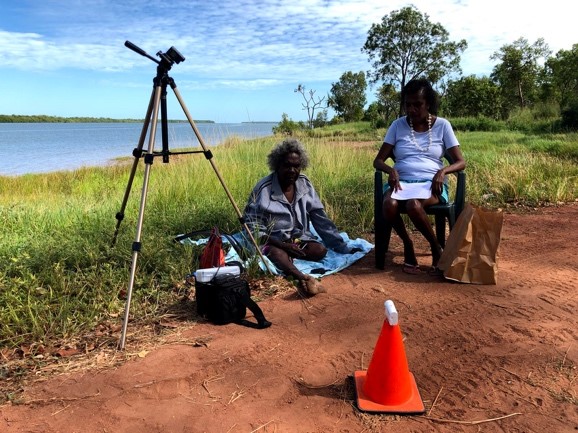
During this project, Osgarby and Chevathun created an audio-visual collection of 26 hours of Modern Wik-Mungkan spoken by Wik people, providing a snapshot of the variation that exists among Wik-Mungkan speakers today across a number of social categories including age, gender and clan. A total of forty-six participants have been recorded in conversational dyadic and polyadic interactions, in addition to two occasions in which a participant was recorded from two angles in order to capture use of sand drawing in storytelling. This constitutes the first attempt to document language variation that exists within the Wik-Mungkan-speaking community.
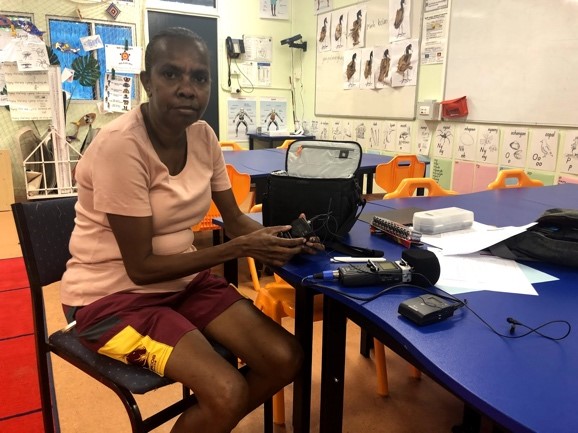

Technical training, project methodology and administrative management were provided by Osgarby, while recording sessions were proposed, prearranged and managed by local researcher Chevathun who is an Aurukun resident. Osgarby was present as little as possible during recording sessions to avoid unwanted accommodation effects. We thank the Schweizerische Gesellschaft für bedrohte Sprachen for providing the funds to acquire the recording equipment necessary for the project, and the Australian Linguistic Society for providing the funds for paying linguistic consultants throughout the project.